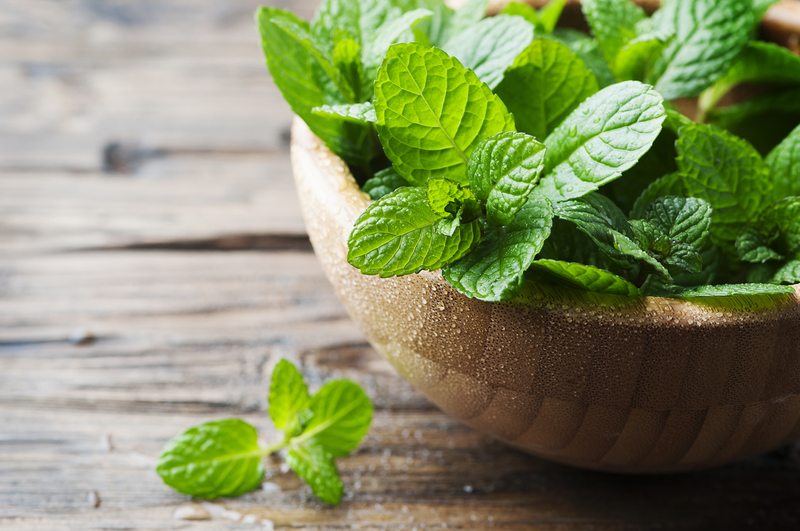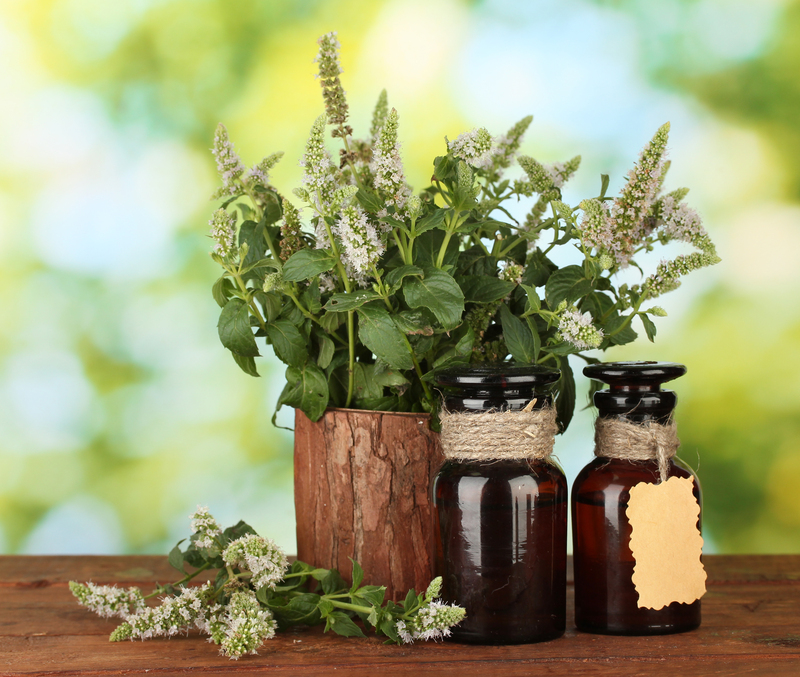Environmentally Safe Cleaning Tips
With the growing awareness of environmental issues, more and more people are seeking ways to make their daily routines more eco-friendly. One such area where significant changes can be made is household cleaning. Traditional cleaning products often contain harmful chemicals that can negatively impact not only the environment but also our health. This article delves into various environmentally safe cleaning tips that can help you maintain a clean living space while minimizing your ecological footprint.
Understanding the Impact of Traditional Cleaning Products
Before diving into eco-friendly cleaning tips, it is crucial to understand the adverse effects of conventional cleaning products. Many commercial cleaning agents contain volatile organic compounds (VOCs), which contribute to air pollution and can cause health issues such as respiratory problems, headaches, and skin irritation. Additionally, these chemicals can leach into water systems, harming aquatic life and disrupting ecosystems.

Opt for Natural Cleaning Agents
One simple yet effective way to reduce your environmental impact is by using natural cleaning agents. Ingredients such as vinegar, baking soda, and lemon juice are excellent alternatives to commercial products. Here are some versatile applications for these natural ingredients:
- Vinegar: Vinegar is a powerful disinfectant and deodorizer. Use it to clean glass surfaces, countertops, and even to remove stains from fabrics.
- Baking Soda: Baking soda's abrasive nature makes it perfect for scrubbing purposes. It can be used to clean sinks, bathtubs, and ovens.
- Lemon Juice: Lemon juice has natural antibacterial properties and imparts a fresh scent. It's great for cleaning cutting boards, removing stains, and polishing metal surfaces.
DIY Cleaning Solutions
Creating your own cleaning solutions is a straightforward and cost-effective way to ensure that you are using safe, eco-friendly products. Here are a few easy recipes:
All-Purpose Cleaner
Mix one part vinegar with one part water in a spray bottle. Add a few drops of your favorite essential oil for a pleasant aroma. This solution is perfect for cleaning surfaces like countertops, sinks, and even floors.
Glass Cleaner
Combine one part water with one part rubbing alcohol in a spray bottle. Add one tablespoon of vinegar and a few drops of essential oil. This mixture effectively cleans mirrors and glass without leaving streaks.
Scrubbing Paste
Make a paste using baking soda and water. This mixture is excellent for scrubbing stubborn stains on tiles, ovens, and sinks. For extra cleaning power, add a few drops of essential oil.
Choose Eco-Friendly Brands
If you prefer purchasing ready-made cleaning products, look for brands that prioritize sustainability. Eco-friendly cleaning products are typically made from biodegradable ingredients, have minimal packaging, and are free from harmful chemicals. Check for certifications such as USDA Organic, Green Seal, or EcoLogo to ensure that the products you are choosing meet environmental standards.
Reduce Single-Use Plastics
Another significant aspect of environmentally safe cleaning is reducing single-use plastics. Opt for reusable cleaning tools such as microfiber cloths, which are durable and can be washed multiple times. Additionally, consider using refillable cleaning supplies to minimize plastic waste. Many stores now offer bulk refills for various cleaning products, allowing you to reuse containers repeatedly.
Use Water Wisely
Conserving water is another crucial component of eco-friendly cleaning. Simple practices such as using a mop instead of a hose for cleaning outdoor areas, fixing leaks promptly, and turning off the tap while scrubbing can save significant amounts of water. You can also collect rainwater for tasks such as washing your car or watering your garden.
Proper Disposal of Cleaning Products
It's essential to dispose of cleaning products properly to prevent environmental contamination. Never pour chemicals down the drain, as they can end up in water systems and harm aquatic life. Instead, follow local guidelines for disposing of hazardous waste. Many communities have designated drop-off locations for such materials.

Incorporate Green Practices in Daily Routine
Small changes in your daily habits can accumulate to make a substantial impact. Here are some additional practices to consider:
- Ventilate: Proper ventilation reduces the need for air fresheners and helps to dissipate any fumes from cleaning products.
- Declutter: Keeping your living space organized reduces the need for frequent deep cleanings and minimizes dust accumulation.
- Houseplants: Incorporating houseplants can improve indoor air quality, reducing the need for artificial air purifiers.
Conclusion
Transitioning to environmentally safe cleaning habits is not only beneficial for the planet but also for your health. By opting for natural cleaning agents, creating DIY solutions, choosing sustainable brands, minimizing plastic use, conserving water, and disposing of products properly, you can make a significant positive impact. Adopting these practices may seem small, but collectively, they contribute to a healthier, more sustainable world.
As awareness grows, the demand for eco-friendly products continues to rise. By making these changes, you are not only improving your immediate environment but also driving the market towards more sustainable practices. In the long run, these efforts help create a cleaner, greener planet for future generations.
Embrace these environmentally safe cleaning tips today and enjoy the benefits of a cleaner home and a healthier earth.


